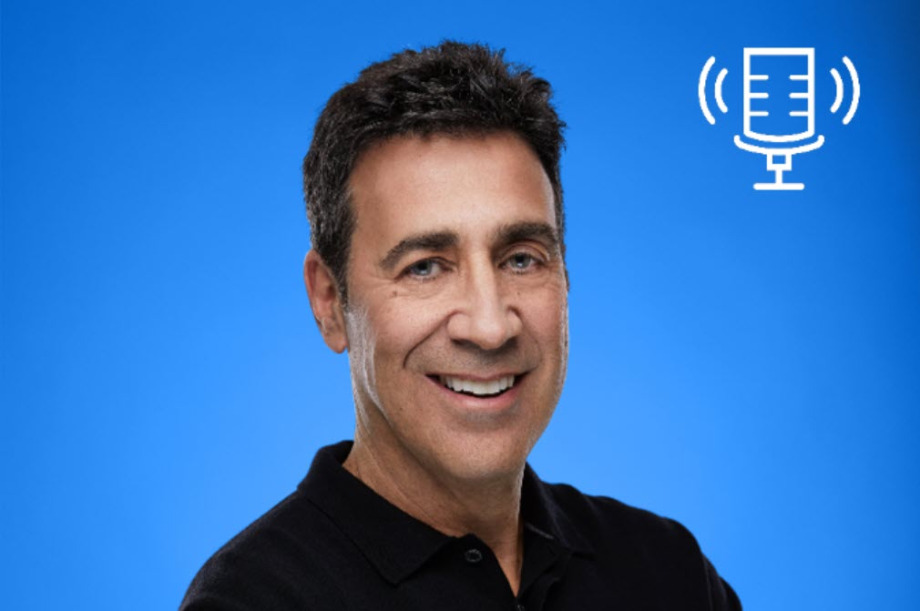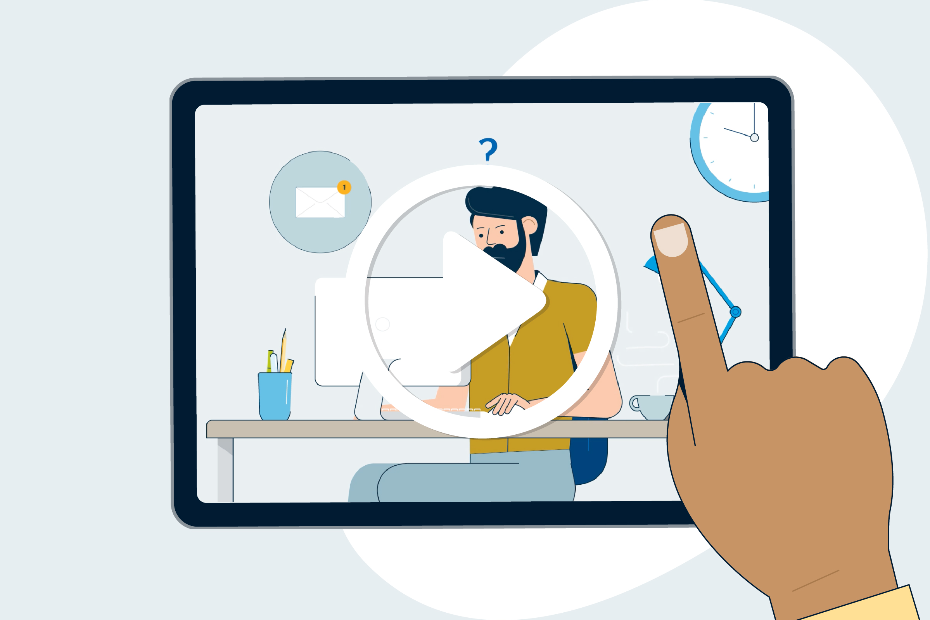Interested in learning more about what options are available to help you navigate this time? Here’s a quick roundup of the COVID-19 relief programs and options for youth and students.
Government Income Relief Programs1
If you’ve lost income due to COVID-19 and a resulting loss of full-time, part-time, or summer job opportunity, there are three national relief programs that may be available to you.
1. Canada Emergency Student Benefit (CESB)
The CESB provides financial support for post-secondary students and recent post-secondary and high school graduates who are unable to work due to COVID-19 — and who aren’t eligible for the Canada Emergency Response Benefit (CERB) or Employment Insurance (EI). From May to August 2020, the CESB provides a payment to eligible students of $1,250 for every 4 week period or $2,000 for each 4 week period if you have dependents or a disability.
Who is eligible?
To qualify for the CESB, you must meet the following criteria:
- You did not apply, receive, nor qualify for the CERB or EI benefits for the same period
- You are a Canadian citizen, registered Indian, permanent resident or protected person
- You are studying in Canada or abroad, and one of the following applies to you:
- You are enrolled in a post-secondary educational program (at least 12 weeks long) that leads to a degree, diploma or certificate, or
- You completed your post-secondary studies in December 2019 or later, or
- You have or will be completing high school and have applied for a post-secondary program that starts before February 21, 20202
- You are unable to work or cannot find work due to COVID-19
- You’re currently working but your income has been $1,000 or less during the 4-week period you’re applying for
You can easily check to see if you may be eligible for this benefit using this online tool.
How do you apply?
Starting on May 15, 2020, eligible students will be able to apply for the CESB online through the CRA. For step-by-step instructions on how to apply, please visit the Government of Canada website.
2. Canada Emergency Response Benefit (CERB)
The CERB is a taxable benefit of $2,000 a month for up to four months offered to eligible Canadians who have lost their income due to COVID-19. CERB is a taxable benefit and needs to be reported as income when you file your income tax for the 2020 tax year.
Who is eligible?
Workers must be at least 15 years of age, including self-employed individuals who:
- Have lost their job or income due to COVID-19
- Are unable to work as a result of sickness or quarantine
- Need to care for someone who is sick or in quarantine, or supervise a child due to school or daycare closures
- Have stopped working for at least 14 consecutive days
You can easily check to see if you may be eligible for this benefit using this online tool.
How do you apply?
You can apply for the CERB online through the CRA. Visit the Government of Canada website to get started.
3. Employment Insurance Sickness Benefit
EI sickness benefits provide up to 15 weeks of partial income replacement for eligible Canadians who are unable to work due to illness, injury or self-isolation. The one-week waiting period is waived for absences from work caused by COVID-19 quarantine.
Who is eligible?
You may qualify for EI sickness benefits if:
- You’re unable to work for medical reasons
- Your regular weekly earnings from work have decreased by more than 40% for at least one week
- You accumulated 600 insured hours of work in the last 52 weeks
How do you apply?
You can apply online at the Government of Canada website. It is best to apply as soon as possible, as you may lose your benefits if you wait more than 4 weeks after your last day of work.
What should I apply for?
You can only receive one of these benefits, so here are some guidelines:
- As a student, you could apply for CESB if you don’t qualify for the CERB or EI.
- If you’re a student and believe you’re eligible for CERB, you could start by applying for that benefit since it offers the largest payment.
- If you became eligible for EI benefits before March 15th, 2020, you may be eligible to receive EI benefits.
- If you became eligible for EI benefits after March 15th, 2020, you may be eligible to receive the CERB.
Tip: Whatever program you qualify for, the fastest way to get your money is through direct deposit from the Canada Revenue Agency. See how to set up CRA Direct Deposit in RBC Online Banking or the RBC Mobile app.
Canada Student and Apprentice Loans
If you have a student loan with Canada Student Loans or Canada Apprentice Loans, your payments will be pausedfrom March 30 to September 20, 2020 and no interest will accrue during this time. Better yet, you don’t need to apply for this relief — payments from your account will stop being collected automatically.
The following provinces are also freezing payments on provincial student loans for six months (March 30 – September 30, 2020):
- Alberta
- British Columbia
- New Brunswick
- Newfoundland and Labrador
- Nova Scotia
- Ontario
Other Government Student Support Programs
The federal government has also announced funding for a number of programs to create new jobs for youth, volunteer opportunities, and provide paid work experience.
- The Canada Student Service Grant (CSSG) will provide up to $5,000 in education grants to students who volunteer in their communities to help in the fight against COVID-19.
- The “I Want to Help” platform will provide information about service available for youth to help in the community.
- The Youth Employment and Skills Strategy will create over 6,000 jobs in high-demand sectors such as agriculture, technology, health and essential services.
- The Student Work Placement Program will provide 20,000 post-secondary students with paid work experience related to their field of study.
Learn more about how the government is supporting students through expanded programming.
While young Canadians have been deeply affected by the COVID-19 pandemic, many have stepped up to help vulnerable members of their communities, reflecting the extraordinary character of Candians. Having the information you need when you need it most will help you continue helping others, maintain your education and carve your own path forward.
1. While information presented here is believed to be factual and current, its accuracy is not guaranteed and it should not be regarded as a complete analysis of the subjects discussed. If you have further questions about any of these programs please consult the applicable government websites or speak to an RBC advisor by booking an appointment online.
This article is intended as general information only and is not to be relied upon as constituting legal, financial or other professional advice. A professional advisor should be consulted regarding your specific situation. Information presented is believed to be factual and up-to-date but we do not guarantee its accuracy and it should not be regarded as a complete analysis of the subjects discussed. All expressions of opinion reflect the judgment of the authors as of the date of publication and are subject to change. No endorsement of any third parties or their advice, opinions, information, products or services is expressly given or implied by Royal Bank of Canada or any of its affiliates.




















